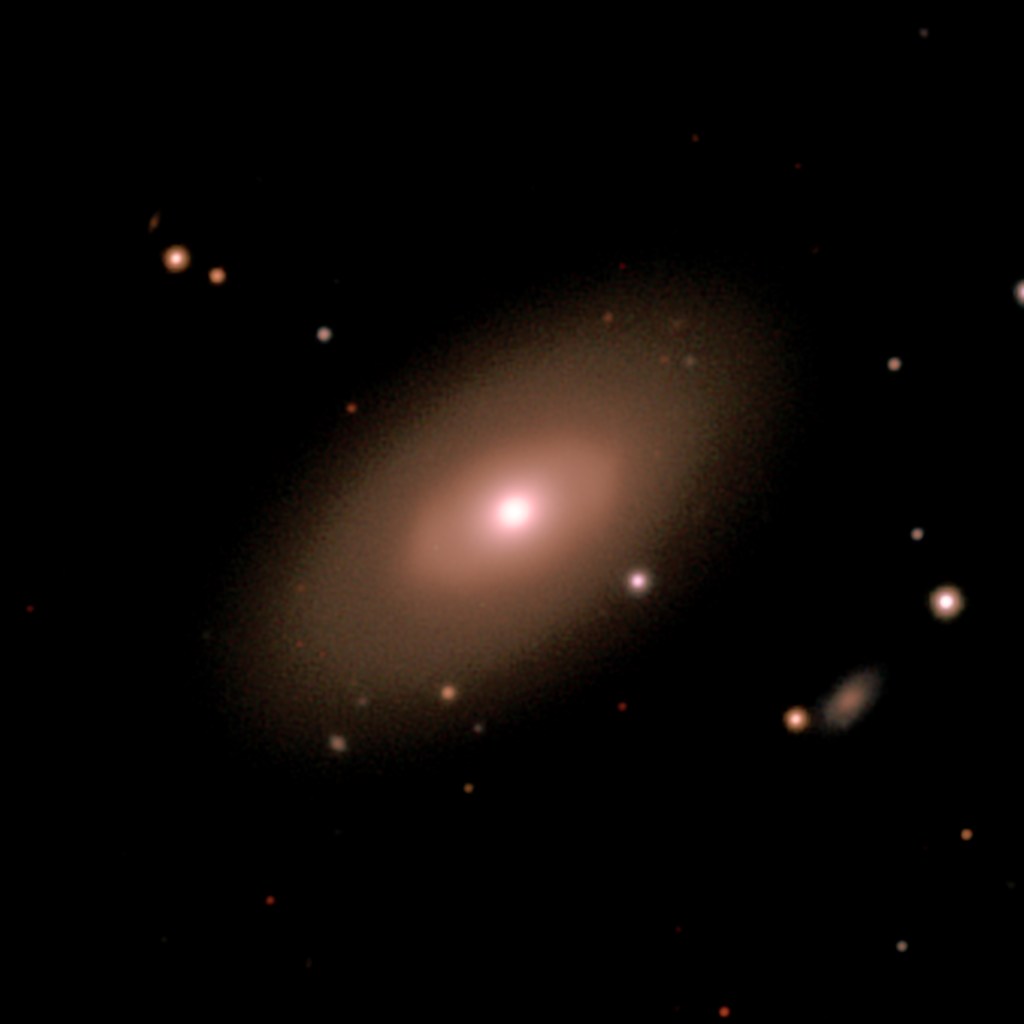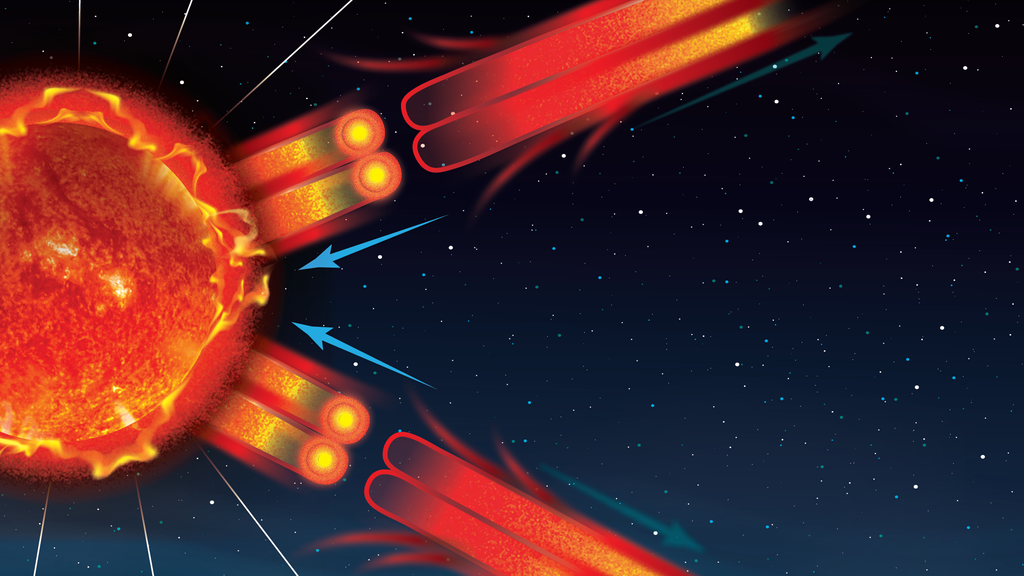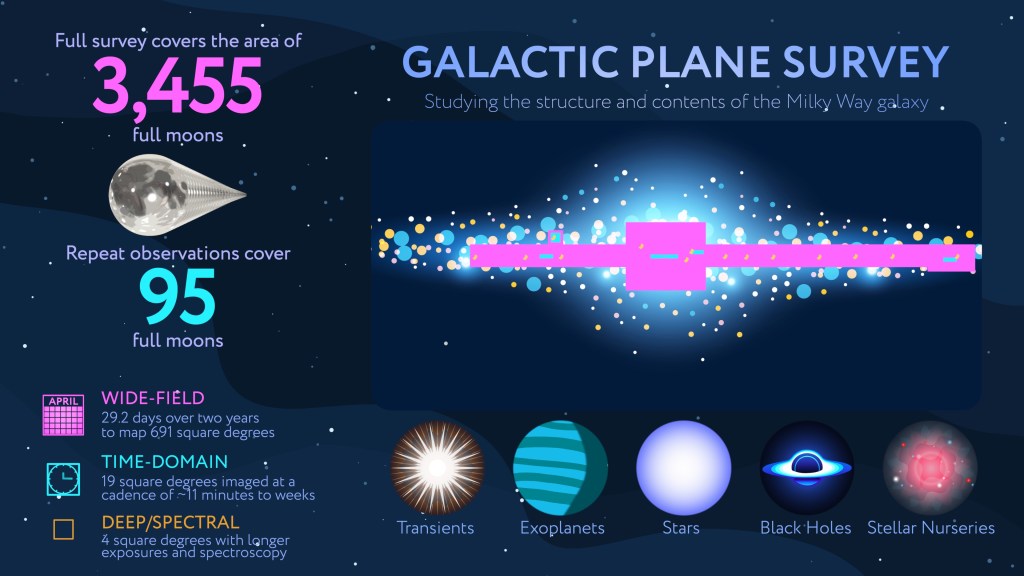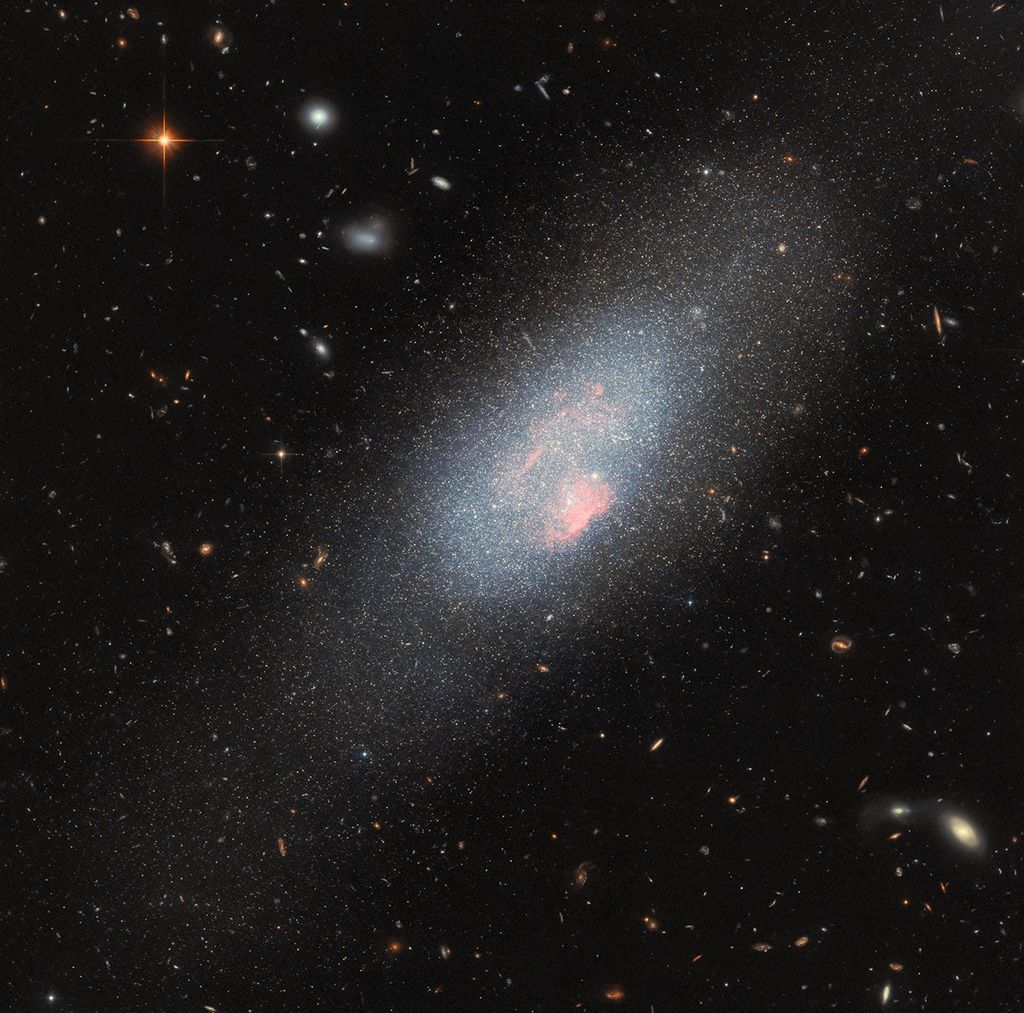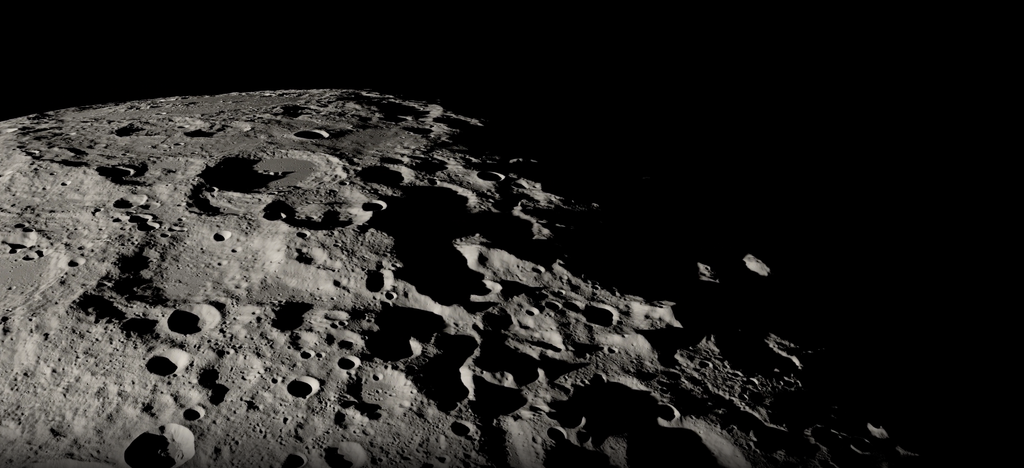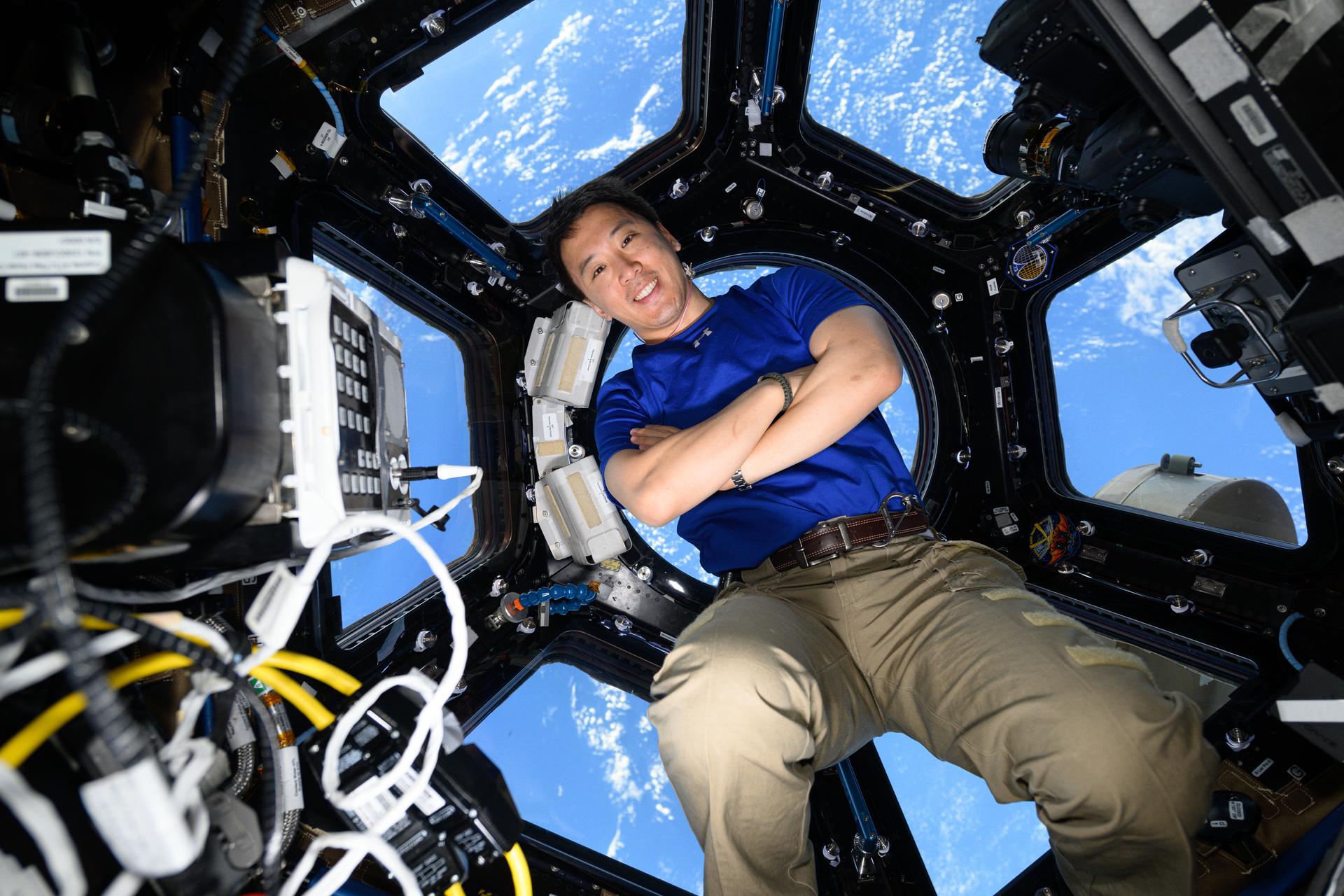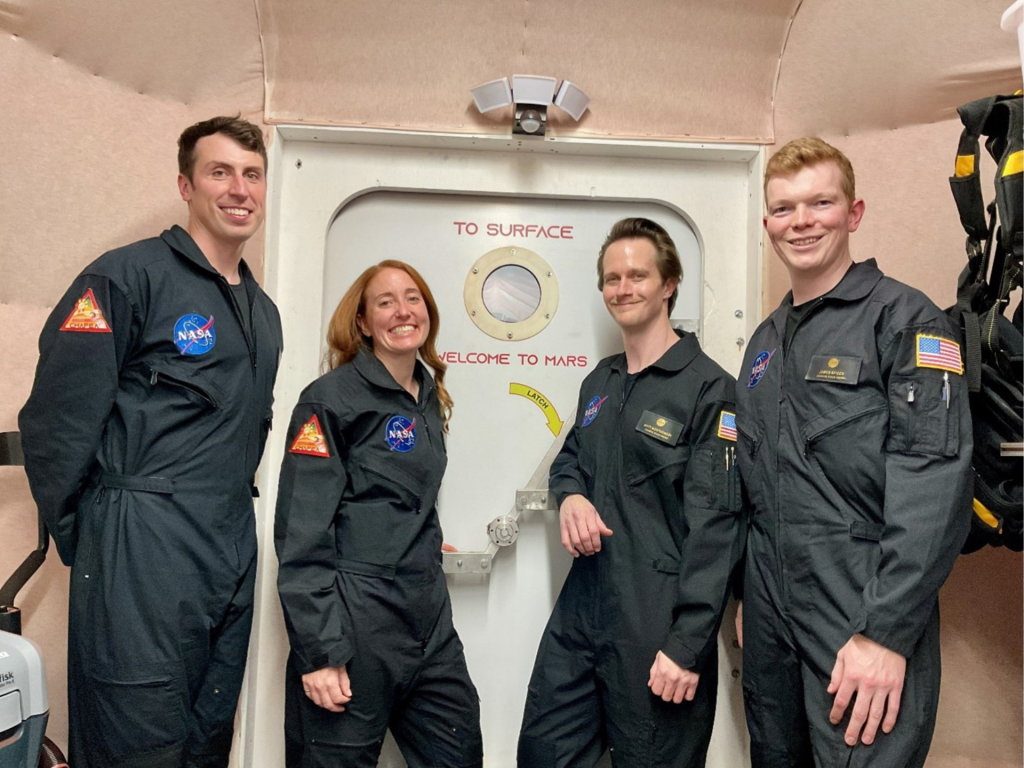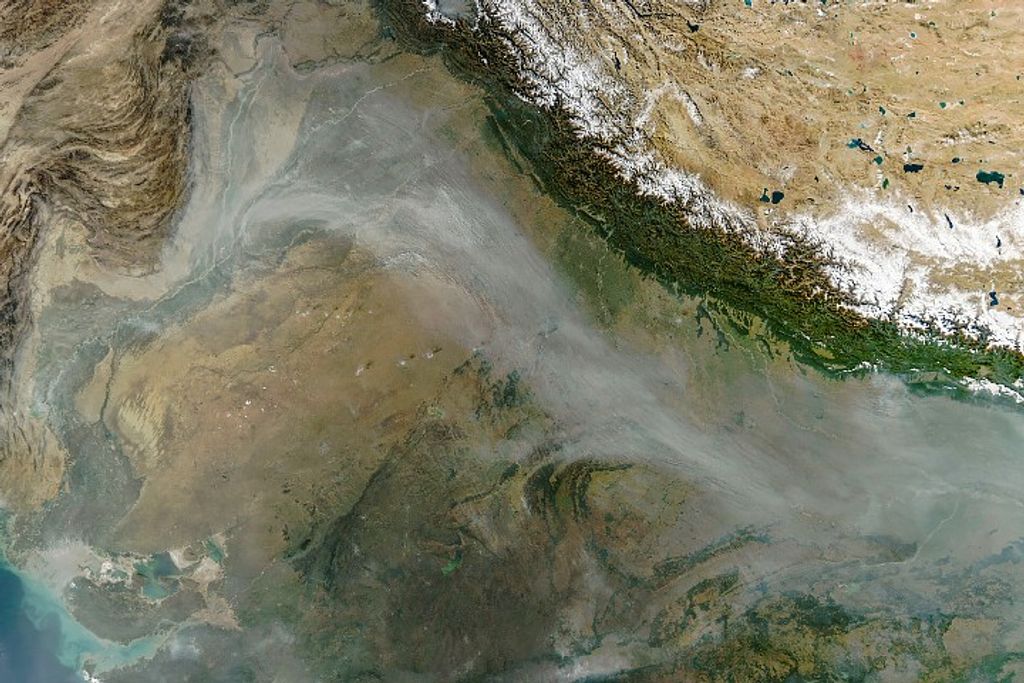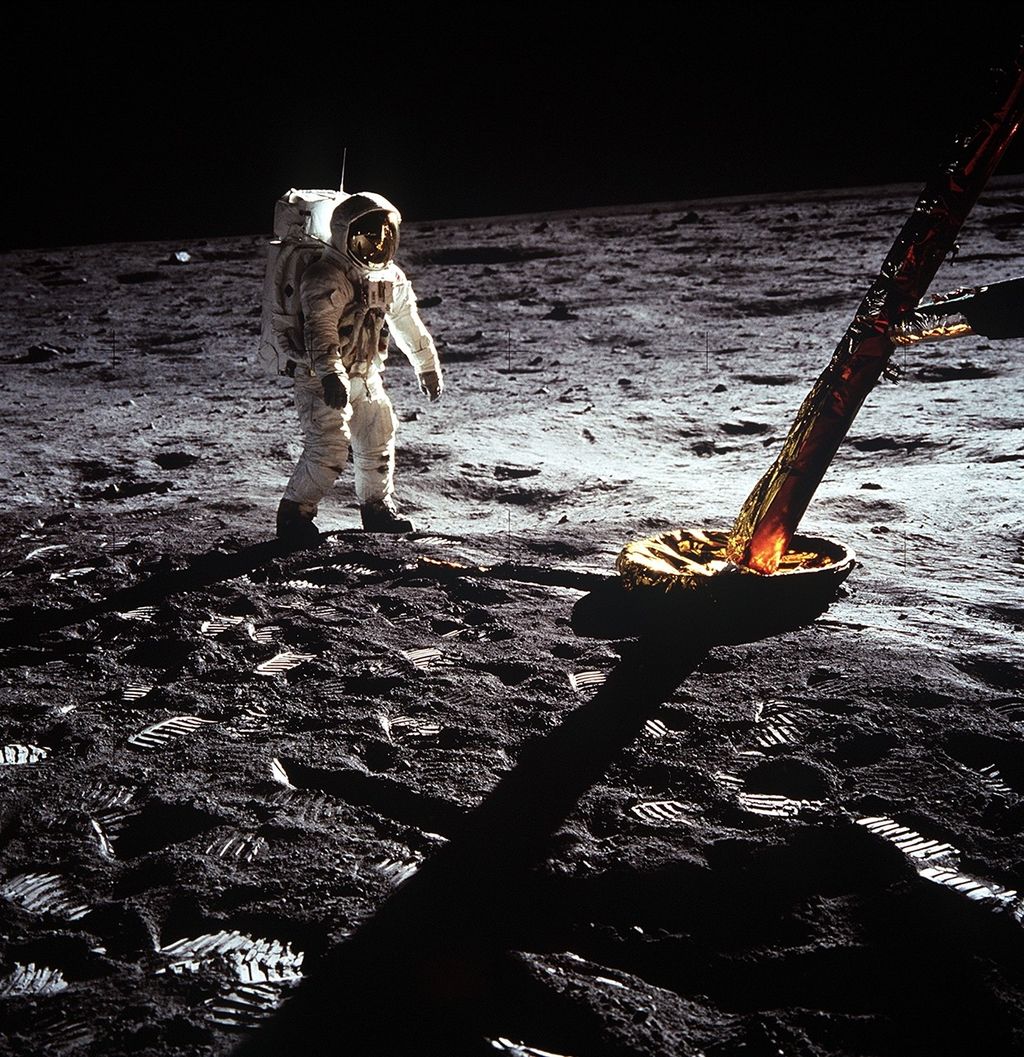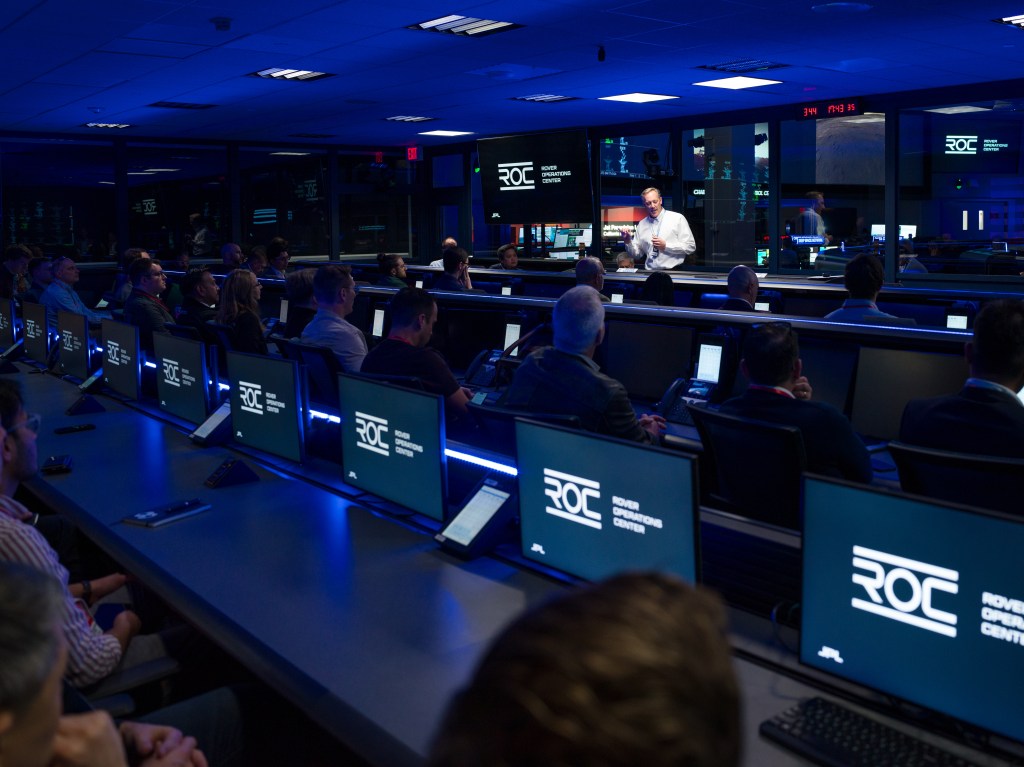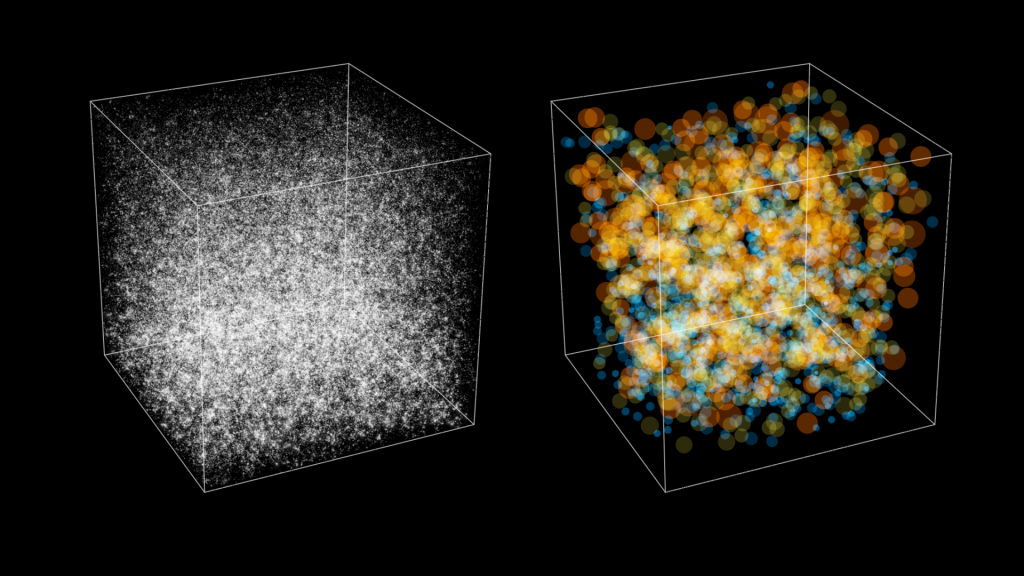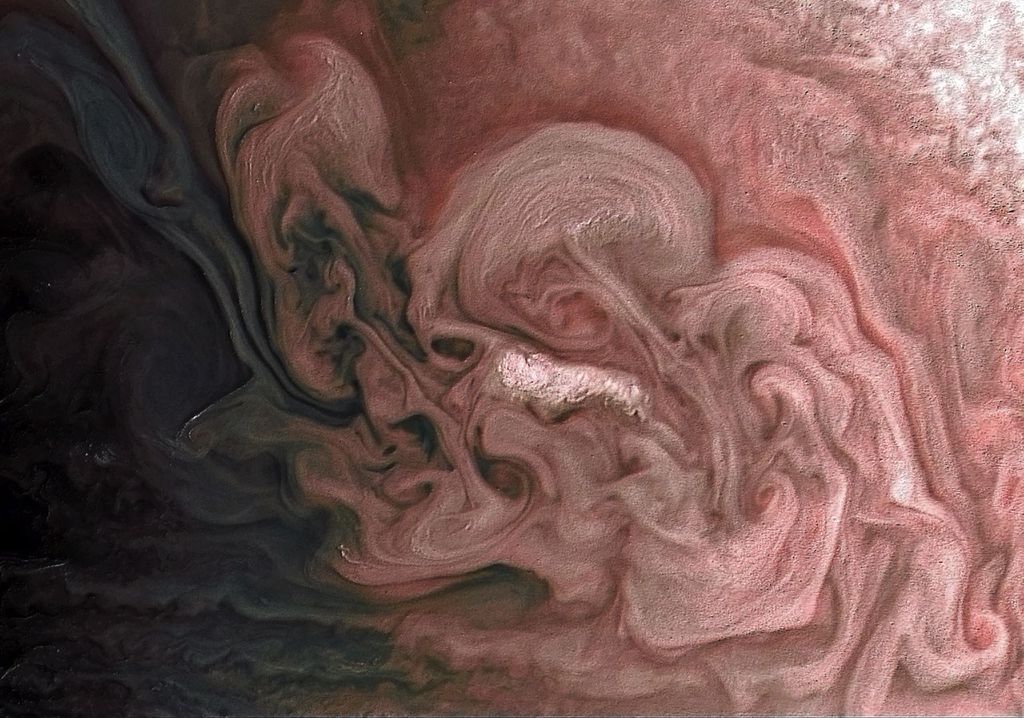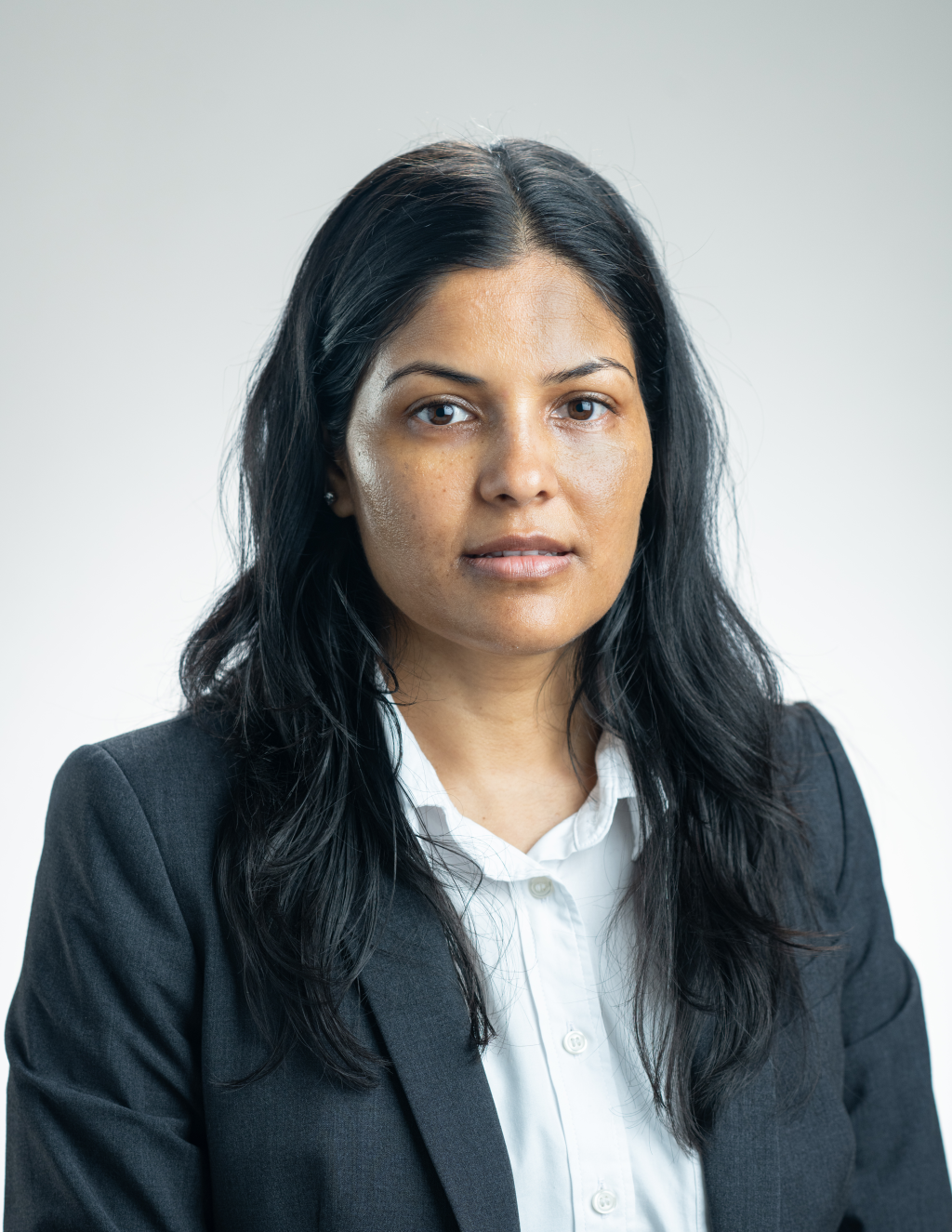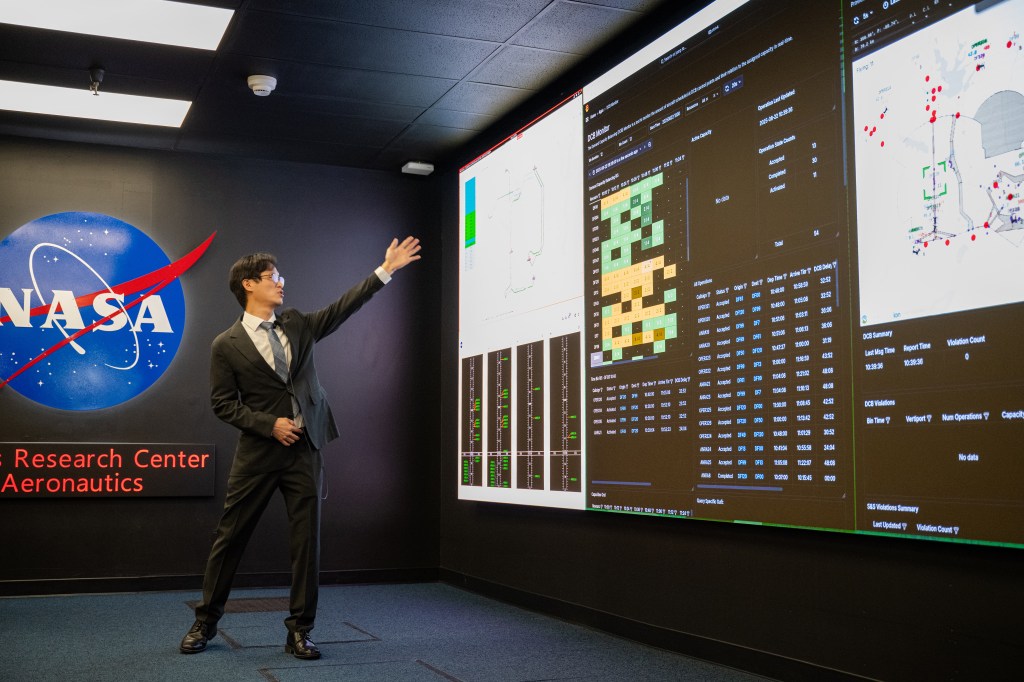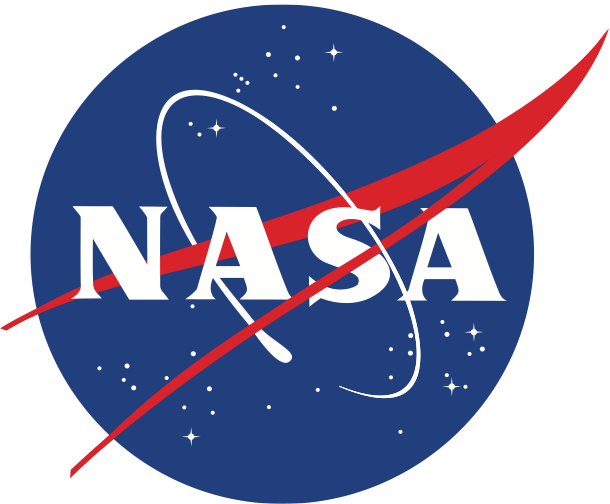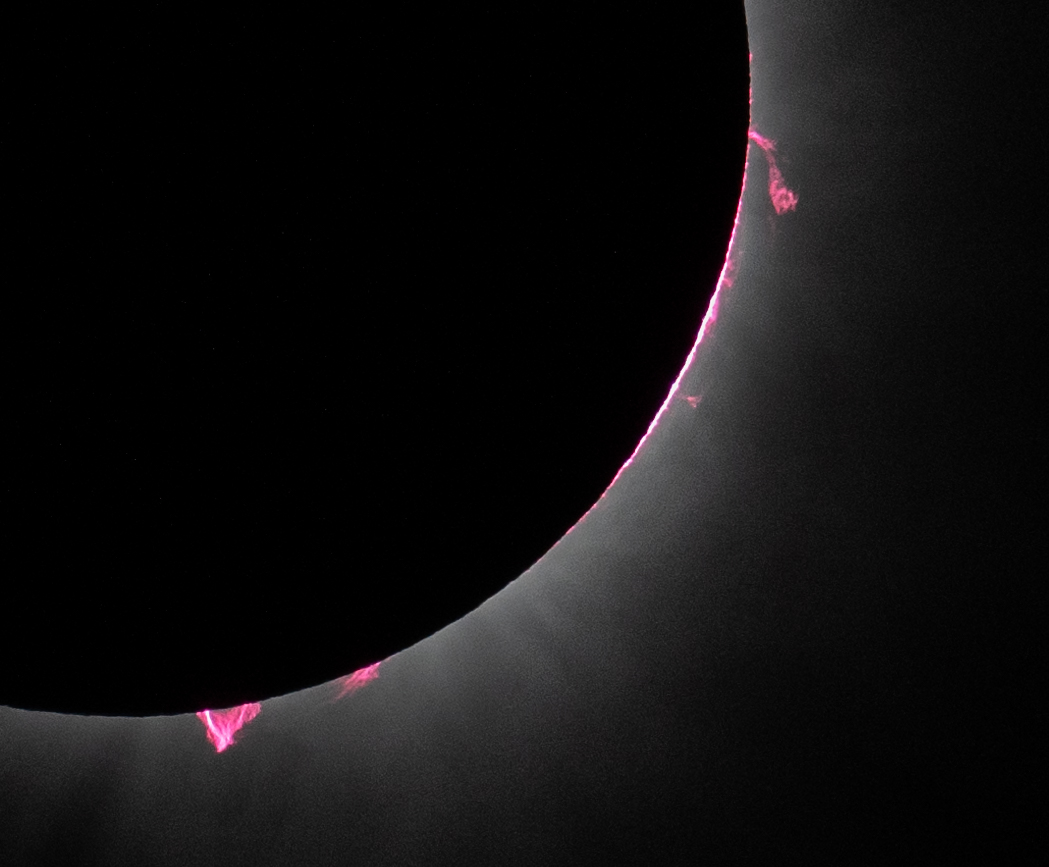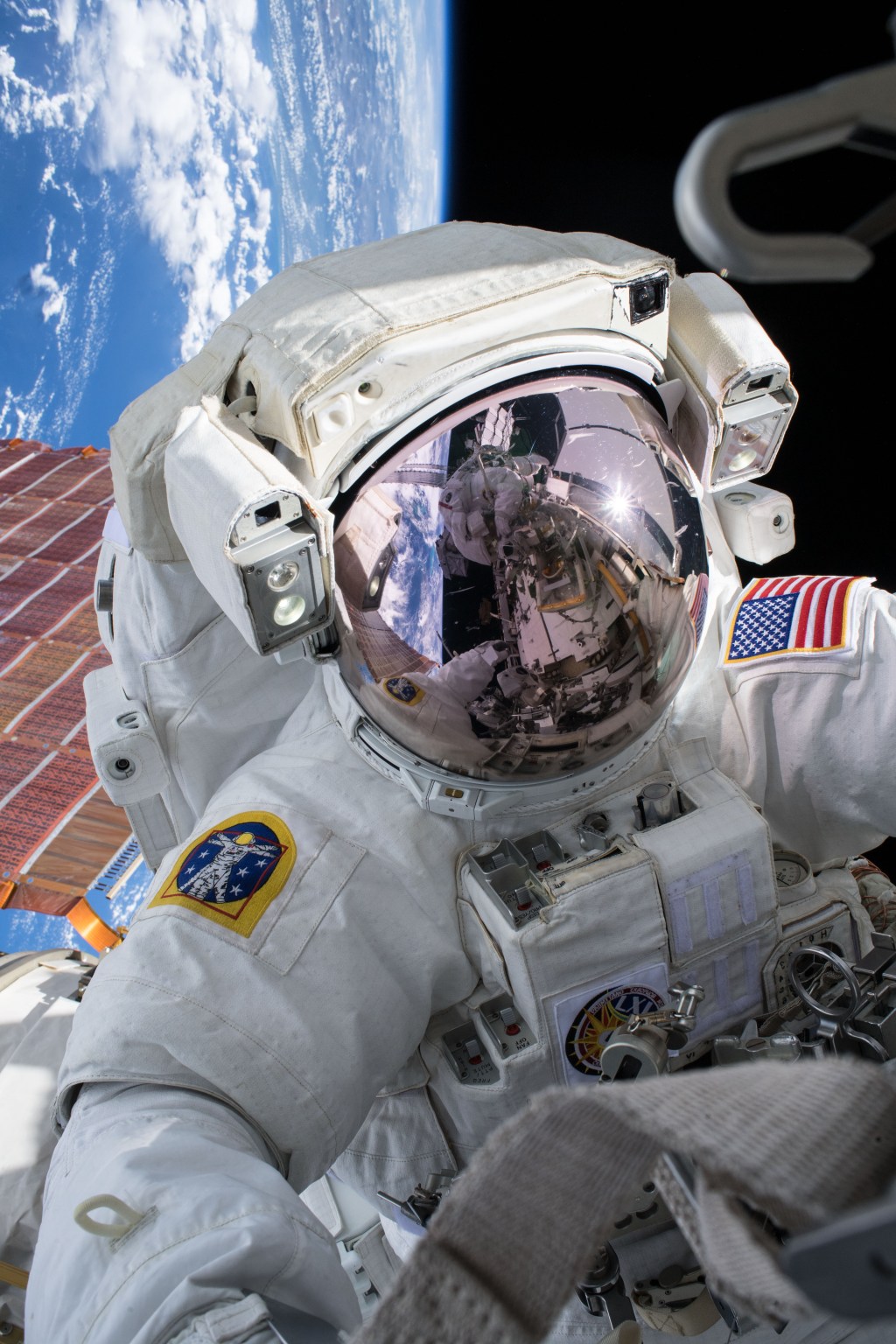
Gregory Delory
Deputy Project Scientist - NASA Ames Research Institute
Contents
- Where are you from?
- Describe the first time you made a personal connection with outer space.
- How did you end up working in the space program?
- Who inspired you?
- What is a Deputy Project Scientist?
- Tell us about a favorite moment so far in your career.
- What advice would you give to someone who wants to take the same career path as you?
- What do you do for fun?
- If you were talking to a student interested in science and math or engineering, what advice would you give them?
- Where are they from?
Where are you from?
San Francisco, Calif.
Describe the first time you made a personal connection with outer space.
In my early childhood — when I was about three or four-years old — my mom would regularly read a book to me titled, “The Nine Planets.” While I couldn’t absorb much of it at first, slowly over time I began to understand that there were worlds out in space different from the Earth. From then on, whenever I came across anything having to do with space, science or technology, I was immediately interested and intrigued. It’s incredible how much we’ve learned since that time; including the fact that Pluto is no longer considered a planet, making the very title of that book outdated.
Science and math are important, but what’s most important is to have a vision and a sustained source of personal motivation. Think often and deeply about what excites you and what you enjoy doing.- Gregory Delory
How did you end up working in the space program?
I first became involved in space activities during high school. I won a contest to fly a student experiment on the Space Shuttle. This opportunity led to others, including a job at Lawrence Berkeley National Laboratory.
I also chose to major in physics at the University of California, Berkeley. Studying physics gave me a tremendous degree of versatility. Physics spans basic science to technical topics and has helped me to work on a wide variety of space science projects and missions.
I wasn’t afraid to shoot for the Moon– both literally and figuratively — you never know until you try or ask. I also refuse to grow up — so I just keep chasing my dreams each and every day.
Who inspired you?
As a younger person, my role models ranged from Albert Einstein and Carl Sagan to people like Chuck Yeager and John Glenn. These men and their attributes and focus are representative of my character to a degree: On the one hand I love the mystery and wonder of space science, but I also have a desire to carry it out in a very focused and practical manner.
I’ve also admired entrepreneurial people like Richard Branson and Steve Jobs for showing that true success sometimes requires breaking the rules. Most recently, I’ve admired the progress that Elon Musk has been able to achieve with SpaceX.
What is a Deputy Project Scientist?
As deputy project scientist I work with the project scientist of the Lunar Atmosphere and Dust Environment Explorer (LADEE) mission. Together we make certain that the LADEE mission will fulfill its science objectives. This involves having a working understanding of the entire LADEE mission — from the science instruments, launch vehicle and trajectory, all the way down to the ground system. We make sure that the top level requirements are managed and implemented throughout this system. We also make certain that the resulting science data will be processed and made available to the community for analysis and interpretation.
Tell us about a favorite moment so far in your career.
My favorite moment has to be launching my first sounding rocket experiment out of Poker Flats, Alaska. After working on the experiments and hardware for years, it was such a rewarding moment. I was able to use data from that flight to complete my graduate thesis in experimental space science.
What advice would you give to someone who wants to take the same career path as you?
It’s a given that you can get into a good school, work hard and do well. However, what’s more important is to get actively involved in projects that produce something that has a clear result at the end. For example, an experiment or space mission. These types of experiences will teach you resourcefulness, perseverance, teamwork, and leadership. Get your fingernails dirty, early and often — you’ll learn things that school will never teach you. All other things being equal, these experiences will set you apart from other students, and especially when it comes to getting a job working on exciting new space projects.
What do you do for fun?
I’m a new dad so spending precious time with my family and young boy is the most important thing I do outside of work: we go to the zoo, playgrounds and have play-dates with other parents.
I am also an avid runner and weightlifter. Whenever I can, I like to enjoy the diversity of concerts, museums and cultural events found throughout the San Francisco Bay area.
If you were talking to a student interested in science and math or engineering, what advice would you give them?
Science and math are important, but what’s most important is to have a vision and a sustained source of personal motivation. Think often and deeply about what excites you and what you enjoy doing. Science and math are what accounting is to a new business; you need to have the idea and vision first, and then the technical side comes in to make sure it all adds up. Focus on the former, and don’t get lost in the details of the latter.
Where are they from?
Planetary science is a global profession.


